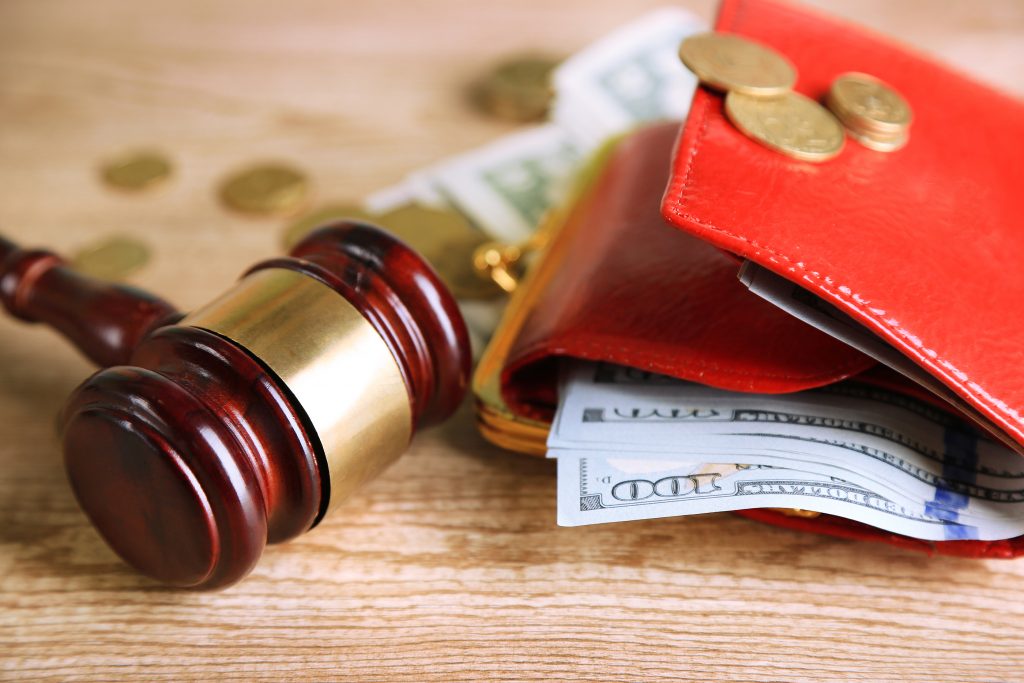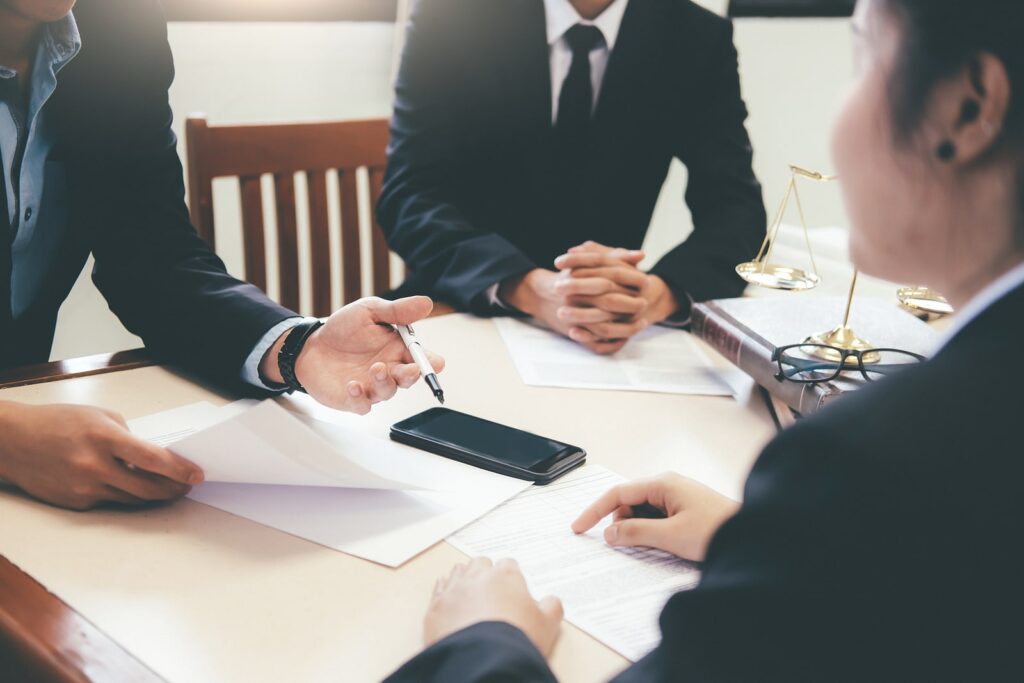Going through harassing calls from debt collectors eager to get their hands on your hard-earned money can be incredibly stressful, especially if the calls seem to never end. Fortunately, there are protections put into place that can put an end to your harassment if it is determined your rights have been violated. The Fair Debt Collection Practices Act (FDCPA) is a federal law that protects consumers from unethical and illegal debt collection practices. Ever since its inception in 1978, this legislation has determined the rules and regulations that essentially all debt collecting agencies must follow. The law places restrictions on where and when an individual can accept collection calls, as well as prohibits unethical and harassing practices. In other words, when a debt collector goes outside the bounds of the rules and regulations set forth by the FDCPA, you may be entitled to pursue legal action against them and end your harassing calls once and for all. Reach out to our law office as soon as you can to get started on your debt defense against unruly debt collectors.
What are the Most Common FDCPA Violations?
Some of the most common FDCPA violations include:
- Claiming that the debt collector contacting you is affiliated with law enforcement or the government.
- Calling you prior to 8 a.m. or after 9 p.m. The regulations state that you deserve the right to rest and enjoy your evening, meaning debt collectors and their phone calls should be off-limits.
- Making false legal threats.
- Trying to collect a debt that you do not even owe. This happens more often than not and can be grounds for legal action.
- Making empty threats of prison time.
What Happens If My Harassers are Found to Be in Violation of the FDCPA?
If your harassers are found to be in violation of the FDCPA, you may be entitled to take legal action against them. With the help of a debt defense lawyer, you can get on the offensive to end harassing calls and get financial damages in the process. Be sure to consult with our legal team before talking with creditors about taking possible legal action.
What Should I Do Next for My Debt Defense Case?
It is important to know your rights as a debtor. With protocols put into place that gives you respite in the midst of debt collectors constantly calling you and harassing you, it is critical to take action to put an end to it all. Our law firm can defend you from rogue debt collectors that violate the FDCPA. Call us at the Holland Law Office today at 970-232-3097 for a free consultation to see how we can help you hold your creditors accountable for their actions.







